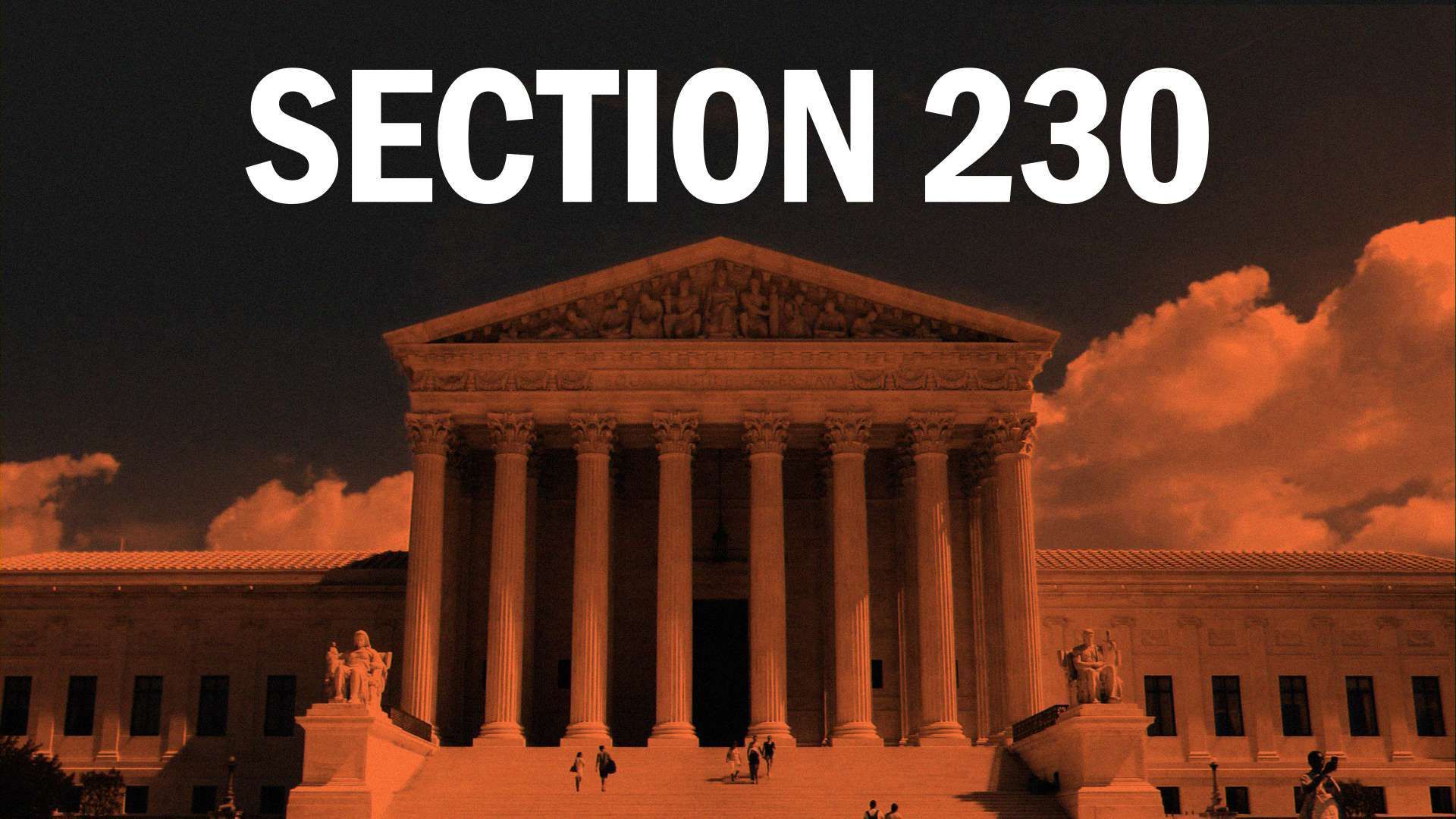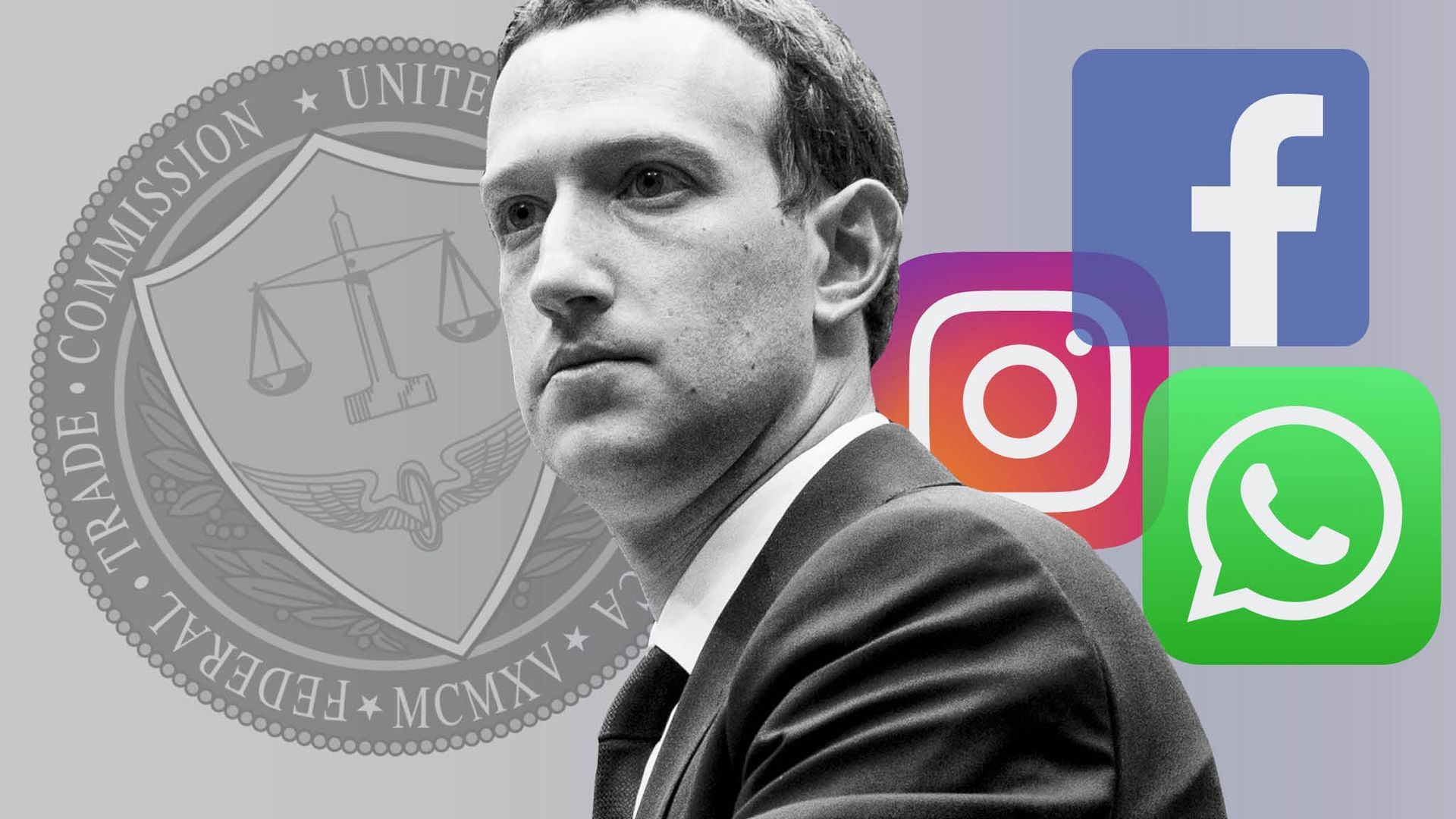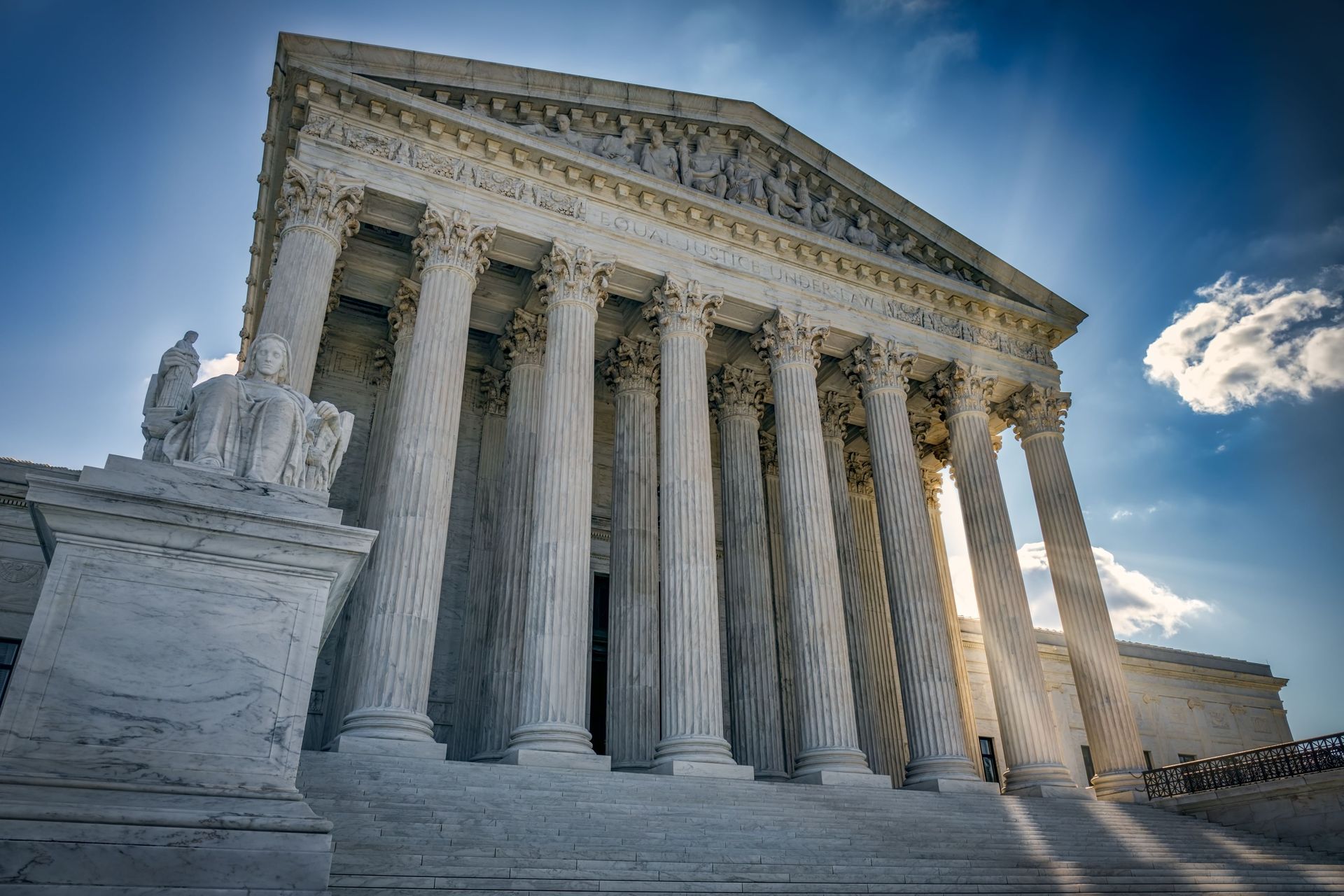A recent Supreme Court ruling on Section 230 has significant implications for big tech companies like Google and Twitter. The ruling provides legal protection and allows these companies to continue to operate their platforms without the threat of legal liability related to user-generated content.
In a recent ruling, the United States Supreme Court upheld the constitutionality of Section 230 of the Communications Decency Act, which shields online platforms from liability for user-generated content. This is a significant win for big tech companies like Google and Twitter, which have long relied on Section 230 to protect themselves from lawsuits related to content posted on their platforms.

Section 230 is a provision that grants immunity to online platforms from legal liability for the content that users post on their platforms. The law provides a legal shield for tech companies that allows them to operate their platforms without the threat of lawsuits related to user-generated content.
Former President Donald Trump filed a lawsuit against Twitter and other social media companies, claiming that his accounts were wrongly suspended. He argued that these companies were engaging in censorship and violating his free speech rights. However, the Supreme Court rejected Trump’s argument and upheld the constitutionality of Section 230.
Implications of Section 230 for big tech companies
The Supreme Court’s decision to uphold Section 230 is good news for big tech companies like Google and Twitter. It means that they will continue to be shielded from legal liability for user-generated content, which is a fundamental aspect of their business models. This ruling provides them with legal protection and allows them to operate their platforms with confidence.
However, this ruling does not provide big tech companies with free reign to engage in censorship, like what happened in China in 2022, or other illegal activities. They must adhere to existing laws and regulations and will be held accountable for any harmful content that they allow on their platforms.

The ruling also does not mean that big tech companies are above the law. They still have to comply with regulations and laws related to issues such as privacy, antitrust, and content moderation.
Increased scrutiny of big tech companies
Despite the Supreme Court’s ruling, big tech companies will continue to face increased scrutiny from lawmakers and regulators. The ruling will not prevent lawmakers from examining the behavior of these companies and considering changes to the laws and regulations that govern them.
There is increasing concern about the power of big tech companies, and lawmakers on both sides of the aisle are calling for increased regulation and oversight of these companies. In recent years, these companies have faced criticism for issues such as data privacy, content moderation, and antitrust concerns.

As big tech companies continue to grow in power and influence, it is likely that we will see even more scrutiny and regulation in the coming years. It is essential for these companies to operate within the boundaries of the law and regulations and to demonstrate a willingness to work with lawmakers to address concerns related to their behavior and practices.
Challenges faced by big tech companies
Big tech companies face many challenges related to their size and influence. They must navigate a complex web of laws and regulations related to issues such as privacy, antitrust, and content moderation. They also face intense scrutiny from lawmakers and regulators, who are increasingly concerned about the power of these companies.
The challenges big tech companies have to deal with are as follows:
- The balance between free speech and content moderation
- Data privacy
- Antitrust concerns
One significant challenge that big tech companies face is the balance between free speech and content moderation. While the companies must allow for a range of viewpoints and opinions to be expressed on their platforms, they must also ensure that harmful or illegal content is removed. Striking this balance is a difficult task that requires constant attention and adjustment.
Another challenge is the potential for antitrust concerns. Big tech companies, especially Meta, have grown in size and influence to the point where they dominate many areas of the digital economy. This has raised concerns that they are engaging in anticompetitive behavior that could harm consumers and other businesses.

The final challenge facing big tech companies is data privacy. These companies collect vast amounts of personal data from their users, which has raised concerns about how this data is being used and who has access to it. In recent days TikTok’s data privacy has been one of the most talked about subjects and TikTok’s CEO was asked to testify. There have been numerous high-profile data breaches in recent years, which have eroded trust in these companies and highlighted the need for better data protection measures.
In response to these challenges, big tech companies are investing heavily in initiatives designed to address issues such as privacy, content moderation, and antitrust concerns. For example, companies like Facebook and Google have implemented new content moderation policies and hired thousands of moderators to review and remove harmful content from their platforms. They have also implemented new data protection measures to ensure that user data is kept secure and private.





